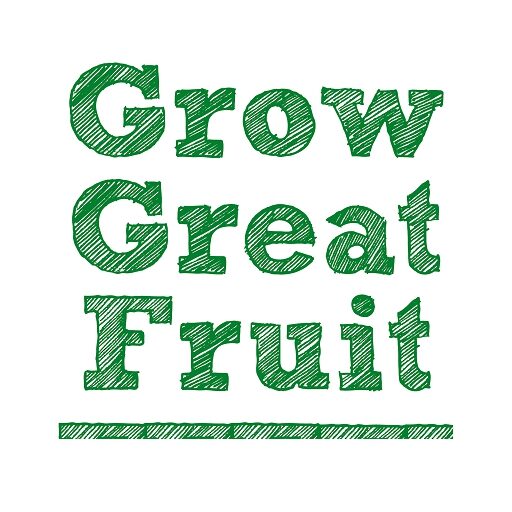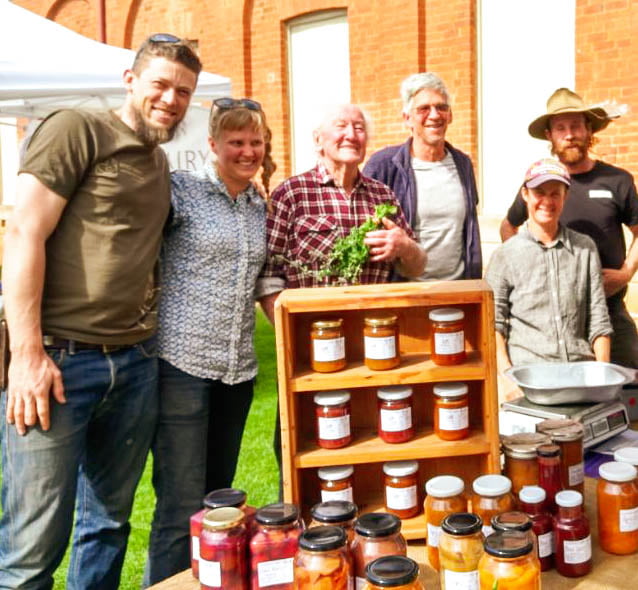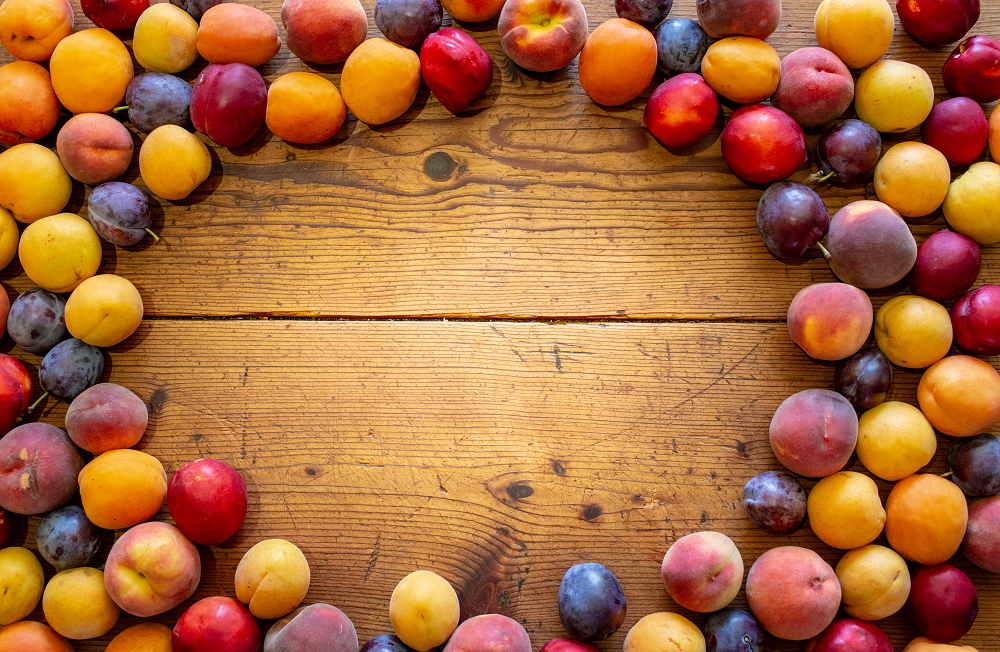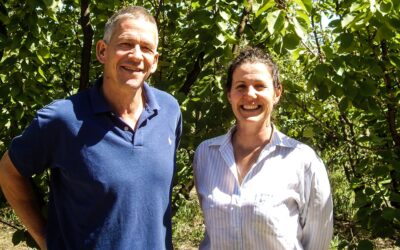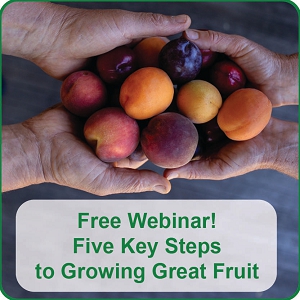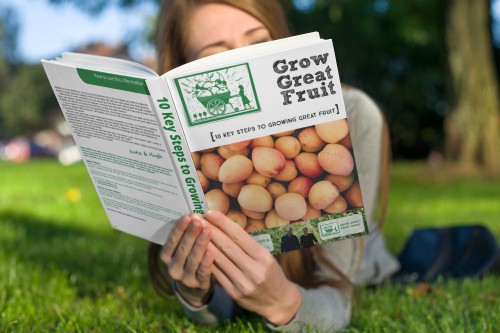Estimated reading time: 7 minutes
Have you ever dreamed about being an organic farmer?
This lifestyle is not for everyone, but since we set up the Harcourt Organic Farming Co-op on our farm, we’ve wondered if there are people out there like us.
Organic farming on a small area
We’ve suspected there might be a groundswell of people who would love to do what we’re doing. Running a slightly too small (by commercial standards) organic farm for profit or love.
To test our theory, we wrote a post inviting comments from people who want to be organic farmers or live a self-sustaining lifestyle.
We got some very surprising feedback!
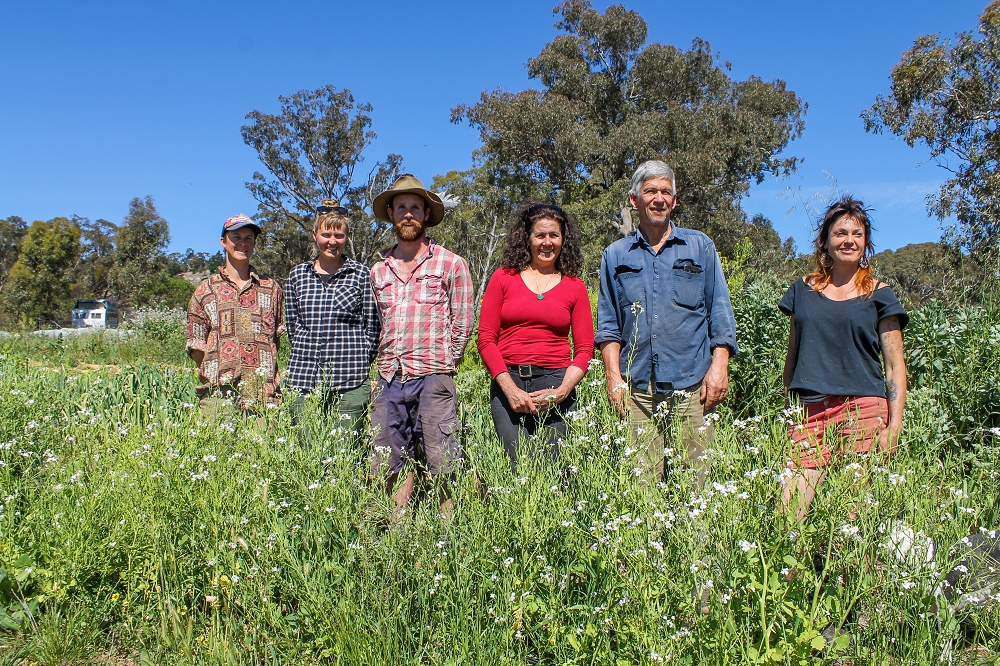
How to start your own organic farm
We got a huge response!
There was an outpouring of people’s passion and desire to grow their own food. Many also expressed in equal measure their frustration and disappointment at how hard it can be to make it work.
We were interested in two things.
The first is why they are attracted to being an organic farmer in the first place.
The second question was about what is stopping them. What are the biggest barriers that get in the way of realising your goals and living the dream?
Here’s what people had to say.
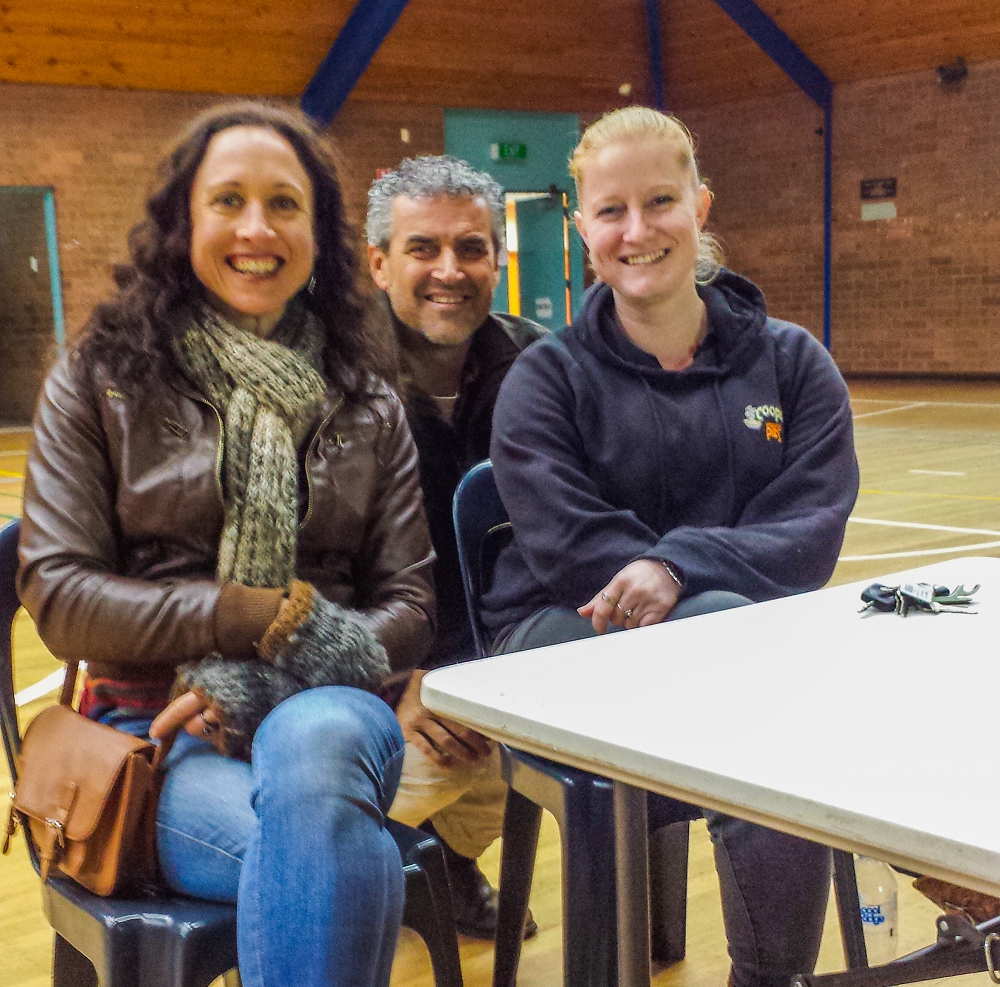
Can you start an organic farm with nothing but a dream?
When we asked about people’s farming dreams, we got a huge range of answers.
Some people are looking for self-sufficiency and being able to live sustainably. Others want to go bigger and make a living. Here’s a sample of them:
- To become semi-self-sufficient and trade with others nearby.
- Just for home use…I would like to be able to supply family.
- I want to set up an organic/permaculture veggie garden and orchard, integrating traditional fruit and veggies as well as bush tucker foods.
- I want to start my own organic market garden, buying land and a house somewhere cheaper. I think I know what I need and have the funds to do it, I just need help with a business plan and would love a mentor. I know what to do, just need support. I love growing organic veggies!
- It’s a dream to one day have a patch that we can live off sustainably.
- Implementing food garden and chooks, animals.
- I want to make a living out of my farm – but I don’t know how.
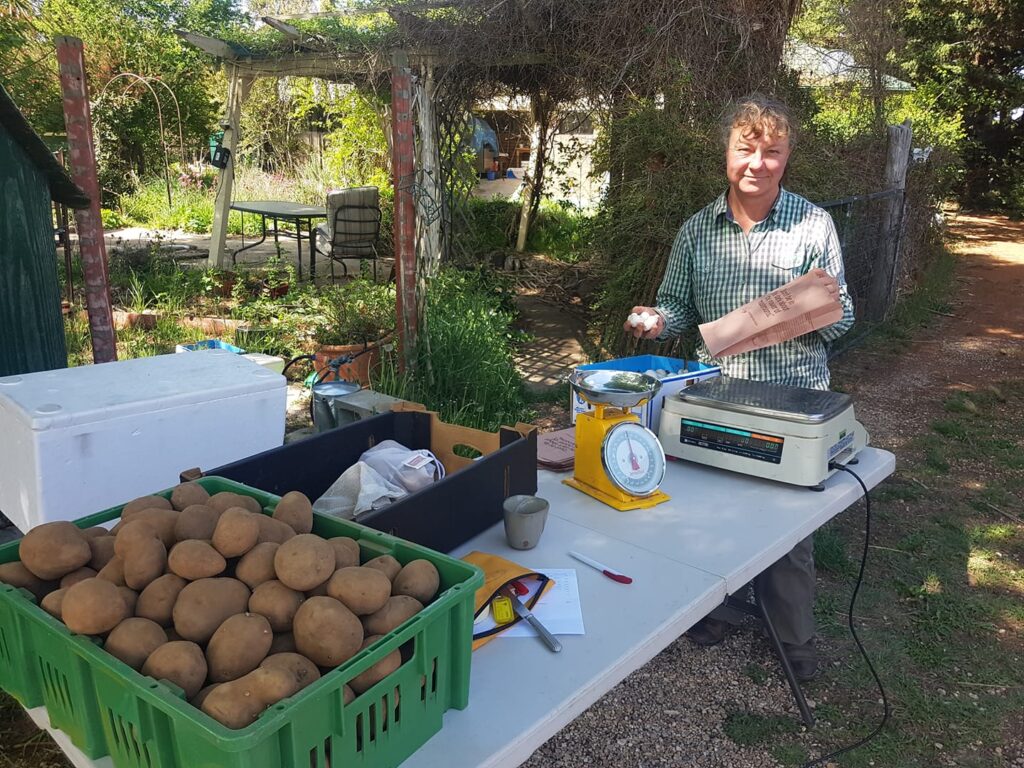
The things you need to become an organic farmer
When we asked about challenges and barriers, we expected the results to be mainly about the cost of buying farmland.
That certainly showed up. But the answers went so much deeper! We obviously tapped into a group of well-informed, farm-ready enthusiasts.
In many cases, people were very clear about which specific things they still needed to learn. Here are just a few of the barriers they told us about:
- lack of infrastructure
- lack of machinery
- lack of TIME
- having to work full-time to pay for the farm
- knowing what you want to get out of it
- knowing what you need to do to get the best return from your soil type
- understanding how to use organic principles
- the skills to be water-wise and know how to improve an old, outdated, inefficient irrigation system
- weed control
- pest control
- compost making
- setting up networks for support and marketing
- planning and working with what is there with a progression plan
- structure, fencing, water
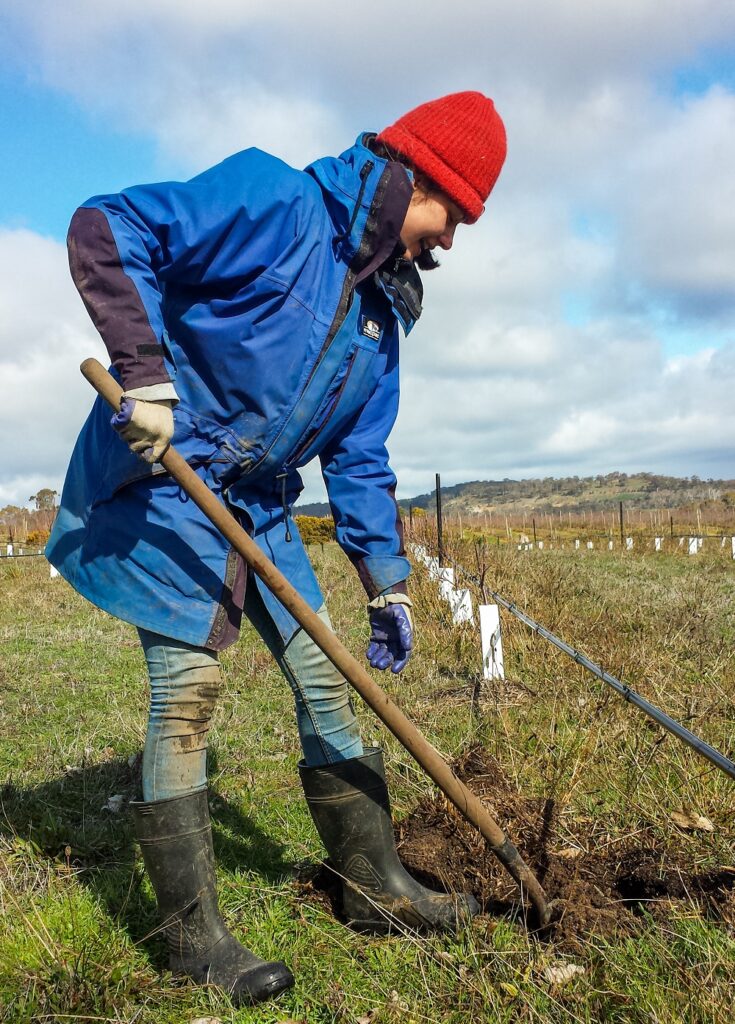
The (many) things you need to know to start an organic farm
Even though we didn’t specifically ask if people had questions, many people included them.
- What can we grow that there is a demand for?
- How do I engage neighbours in productive conversation about spray drift and chemicals in waterways?
- What’s involved in developing a small farm into a profit-generating enterprise?
- How do we know if there will be a market for what we want to grow?
- How do I improve soil as quickly as possible?
There were also some really specific items on the wishlist of what people need to help them realise their dreams.
- I need a business plan and a mentor
- being able to read the wisdom of weeds
- the money to buy the farm
- designing farm layout (keyline principles)
- I need a basic design
Getting started with organic farming
Wow. Basically, these folks wrote our life story. We have shared these dreams, asked those questions, and felt frustration at all those barriers.
But when we look back over the time since we started farming, we’re fortunate that our experience has answered so many of those questions.
We’ve done courses, read books, and found mentors. We’ve worked with business consultants, done farm planning courses, and undertaken market research. Much work has gone into establishing marketing supply chains and networks. We’ve learned to value and understand our weeds. At the heart of everything else we do, we’ve learned the wisdom of continuously working on improving our soil.
Not that we would ever claim to know it all – far from it!
After all this time, we’re still learning and evolving. But what we have is many years of experience, lots of runs on the board, and the successful experiment of enabling a group of young farmers to get started in their own farming enterprises.
It’s opened our eyes to a whole new way of farming. We can use our land, resources, and experience to provide a pathway for a new generation of farmers and food growers.
And now, we’ve created a whole lot of resources to share our co-op stories. We hope that our stories of how we’ve realised (some of) our dreams and overcome (some of) our barriers might help other wannabe organic farmers to take the next step.
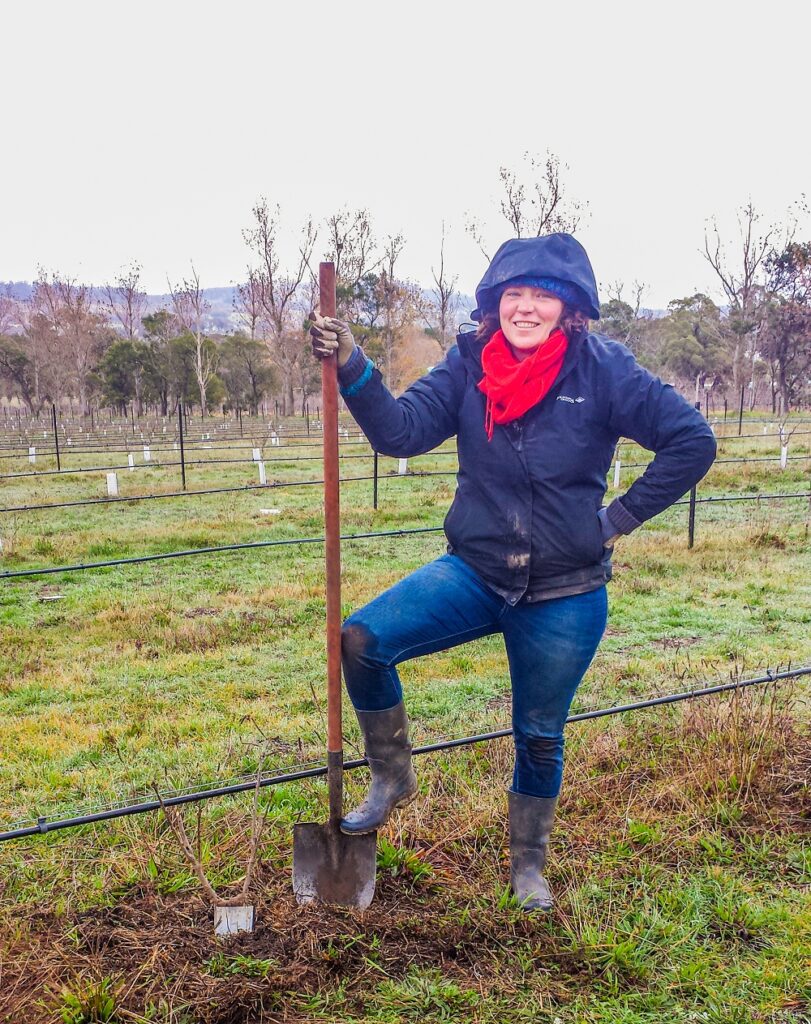
Are we speaking to your hidden farmer?
Does this sound like you?
We’d love to hear about your farming dreams and aspirations, plus the challenges and barriers.
Add them in the comments below, and let us know if you’d like to be kept in the loop.
Related Articles
Preparing your fruit trees for fire season
Protect your precious fruit trees and garden from fire risk with some pre-summer planning and taking a few key actions.
Grow strawberries successfully with the right care
Getting a good yield of sweet strawberries starts with feeding and watering the plants regularly, and protecting them from pests and diseases.
Welcome to our organic farm
Welcome to our organic farm in central Victoria where we empower people to grow their own organic, nutrient-dense food.
